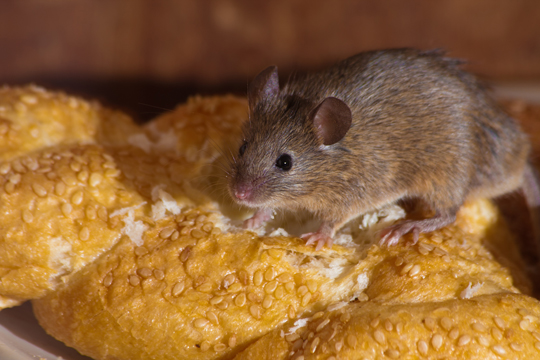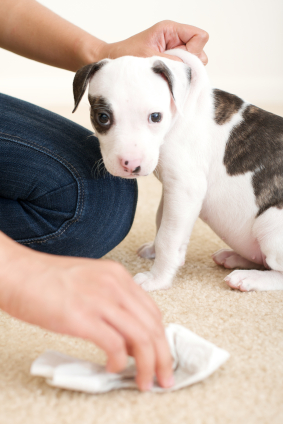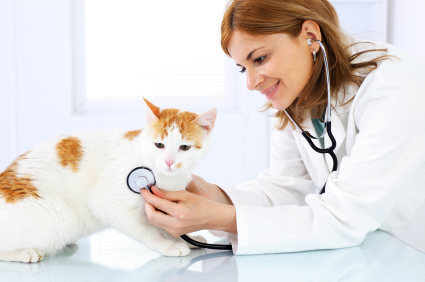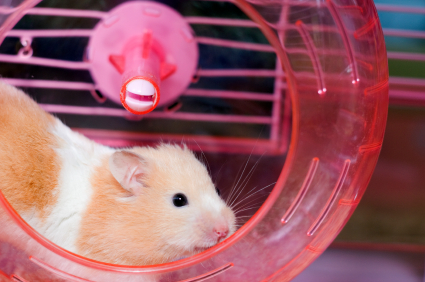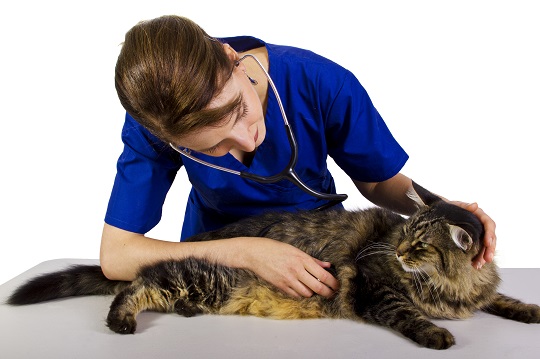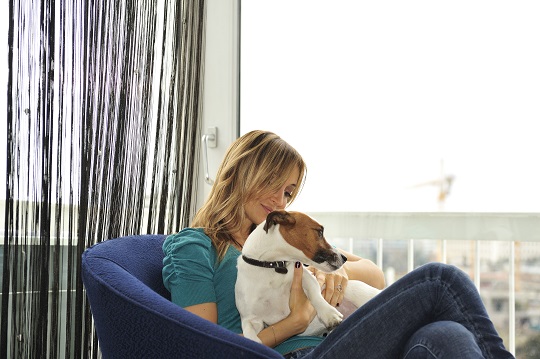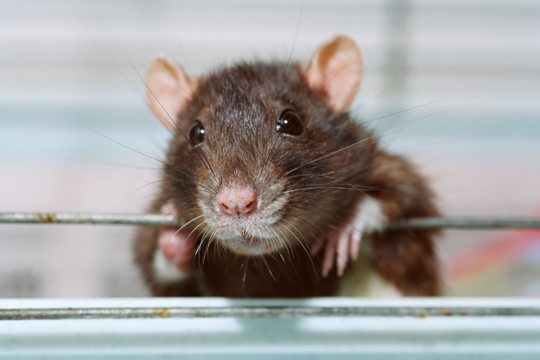If you or your child has recently acquired a tiny mammal for a pet — perfect for small residences — you are probably wondering what to do next. If you are not sure how to care for small rodents, start by acquiring the following must-have items:
– A suitable habitat (plastic or glass) with a locking lid that allows plenty of air to circulate and has enough room for rodents to run around freely.
– A water bottle that hangs from the top of the enclosure. A water dish is NOT the same and cannot be used by most rodents.
– A food dish
– Substrate material, plus extra so that it can be changed regularly.
– Commercial food formulated for your animal. Gerbils have different needs from mice, who have different needs from sugar gliders, etc.
Your Pet’s Home
An acceptable enclosure is one that is escape-proof and offers room for animals to run around a bit. You should not need to specifically heat or cool the enclosure, provided that the room is at an acceptable temperature for humans. If you’re feeling too hot or too chilly, chances are your animals are as well.
Clean water should always be available to your rodents. The water bottle must be cleaned every day, even if there is no visible dirt on it. Failure to do this is a major factor in poor rodent health.
Substrate
Substrate can be comprised of commercial animal substrate or finely shredded newsprint. Some breeders use kitty litter, which can absorb odors from urine and require changing less often. Also popular are natural substrates like pine or cedar. Rats are especially fond of burrowing in their substrate. This layer should be two to three inches thick in the bottom of the enclosure.
Droppings should be removed at least once daily. As for changing the substrate, once per week is common — but your nose should be able to tell you when it’s time. Keep in mind that your rodents aren’t able to leave their cages, and that being surrounded by their own filth is pretty unpleasant for them.
Keep Away From Larger Animals
If you’re just learning how to care for small rodents, be aware that rodents appear fascinating (and delicious) to cats and dogs. Avoid disaster by never taking your rodents out of their enclosure when larger animals are nearby. Rodents may be free-fed prepackaged food and given occasional treats in the form of leafy greens or veggies like pea pods, carrots, or cucumber skin. Be sure to remove uneaten “people food” quickly, as it can begin to spoil within a day.
Ensuring The Health Of Your Rodent
If you have questions on how to care for small rodents, or if your animal appears to be sick or injured, find a local vet immediately. TalkLocal makes this process easy. We get qualified vets to call you to see how they can help.

